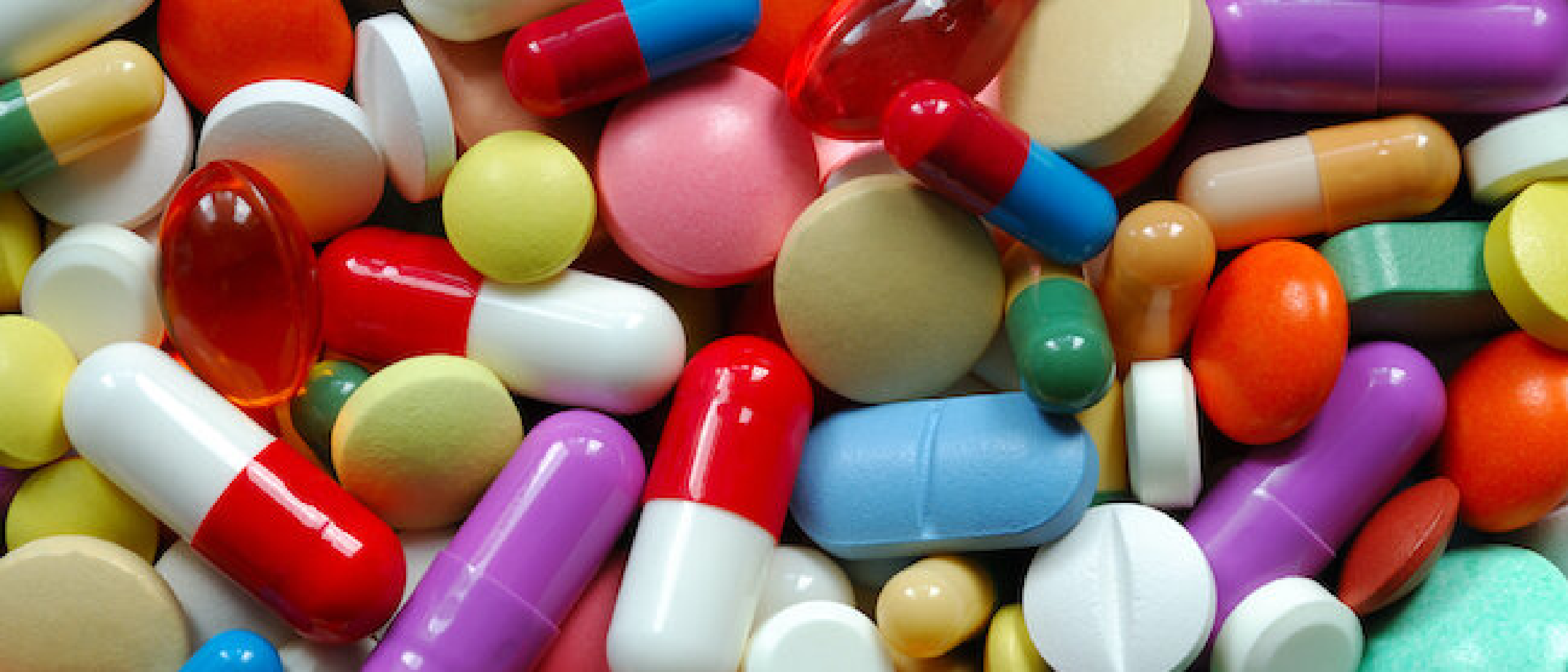Antibiotics in Dentistry
Posted on November 1, 2024 • 5 min read • 940 words
Have you ever gone to a dentist with a toothache, been prescribed antibiotics for five days and started feeling better within a couple of days?
Have you then felt the urge to skip a dose of the antibiotic or stop it altogether?
In this article, we look at the role of antibiotics in dentistry, as well as what to do—and what not to do—when taking antibiotics for oral infections
What are antibiotics?
Antibiotics are drugs specifically designed to kill disease-producing bacteria (bactericidal antibiotics) or to prevent their spread (bacteriostatic antibiotics).
How do antibiotics work?
Antibiotics work either by destroying or inactivating bacteria.
For instance, an antibiotic can kill bacteria by destroying crucial parts the bacteria needs to survive.
Another way antibiotics work is by stopping the growth of bacteria. They do this by preventing bacteria from making the proteins they need to multiply.
Antibiotics begin to work as soon as you take them, but how soon you start to feel better depends on the sort and severity of infection.
Range of action:
Antibiotics which work against a range of bacteria are called Broad spectrum antibiotics, while those that target a specific type are called Narrow spectrum antibiotics.
Role of antibiotics:
Antibiotics are prescribed either to control an infection or to prevent one from occurring.
In dentistry, antibiotics are generally prescribed orally for acute or chronic infections of the teeth and gums.
When a bacterial infection occurs in the mouth, harmful bacteria build up in a localized area (or multiple areas) causing pus formation leading to redness and pain, swelling, loosening of the tooth or teeth, bad breath and sometimes, fever.
When you take an oral antibiotic, the drug reaches the site of infection via the bloodstream, neutralizing the bacteria by either destroying their protective cell wall, or preventing them from making the proteins they need to survive, thereby enabling the body’s defenses to do the rest.
Taking the entire course of antibiotics ensures that all of the infection is cleared up and that no pockets of bacteria are left behind.
Antibiotics work best when combined with the necessary dental procedure to get rid of the oral infection. Antibiotics are prescribed in conjunction with other medications such as painkillers and vitamins to ensure pain relief, comfort and speedy recovery of the patient.
No “one-size-fits-all”:
There is no single antibiotic that works best for all kinds of oral infections.
This is because different kinds of antibiotics work in different ways to eliminate different kinds of bacteria.
The type of antibiotic the dentist prescribes will depend on the type of bacteria responsible for the infection.
Important to know:
- It is important to remember that although antibiotics help clear up the oral infection, they are only a part of the treatment plan.
- Most infections in the mouth also require a dental procedure such as endodontic treatment, periodontal intervention or extraction to heal completely.
- Prompt treatment is necessary to prevent the infection from spreading.
- It is also vital to note that antibiotics work only against bacteria, and that they are of no use against viral and fungal infections.
Commonly Used:
Commonly used antibiotics in dentistry:
Guidelines
If you’ve been prescribed an antibiotic for your oral condition, here is a handy list of guidelines to follow:
Do’s when taking antibiotics
Always take antibiotics only under a doctor’s supervision.
Inform the doctor about any systemic health conditions, or other medications you may be taking.
Take the full course of antibiotics prescribed by the doctor.
Drink lots of fluids like water, buttermilk or tender coconut water while on antibiotics.
Take the antibiotic as prescribed ( for example, before or after meals).
Take the antibiotic in the correct dose.
Before buying, check the expiry date (important for all medicines).
If you experience any discomfort due to the antibiotic, inform your healthcare provider at once.
Remember that different oral conditions require different antibiotics so what worked previously may not be the best choice the next time.
Don’ts when taking antibiotics
Do not self-medicate.
Do not skip a dose.
Do not stop antibiotics prematurely just because you start feeling better.
Do not switch antibiotics halfway through the course.
Do not take an antibiotic for a viral or fungal infection.
Do not take antibiotics left over from last time.
Do not take antibiotics prescribed for someone else even though your symptoms may feel the same as theirs.
Common Procedures
Common procedures done under antibiotic coverage:
Root canal treatment
Subgingival scaling
Gum surgeries
Extractions
Wisdom tooth removal
Maxillofacial surgery
Antibiotic Resistance
Antibiotic resistance is the term used when disease-causing bacteria are not killed or inactivated by the prescribed antibiotic.
It is an undesirable outcome, and has to be avoided at all costs.
It usually occurs due to self-medicating, not completing the antibiotic course or taking antibiotics when they are not required.
By following the do’s and don’ts listed above, you can ensure that you and your loved ones do not develop antibiotic resistance.
If you’ve been cavalier about antibiotic usage in the past, we encourage you to follow the guidelines given above so that dentists have the best chance to ensure that your teeth and gums stay strong for a long time to come!
If you’d like to schedule an appointment to know more about how to care for your teeth and avoid antibiotic misuse, please schedule an appointment or get in touch with us!